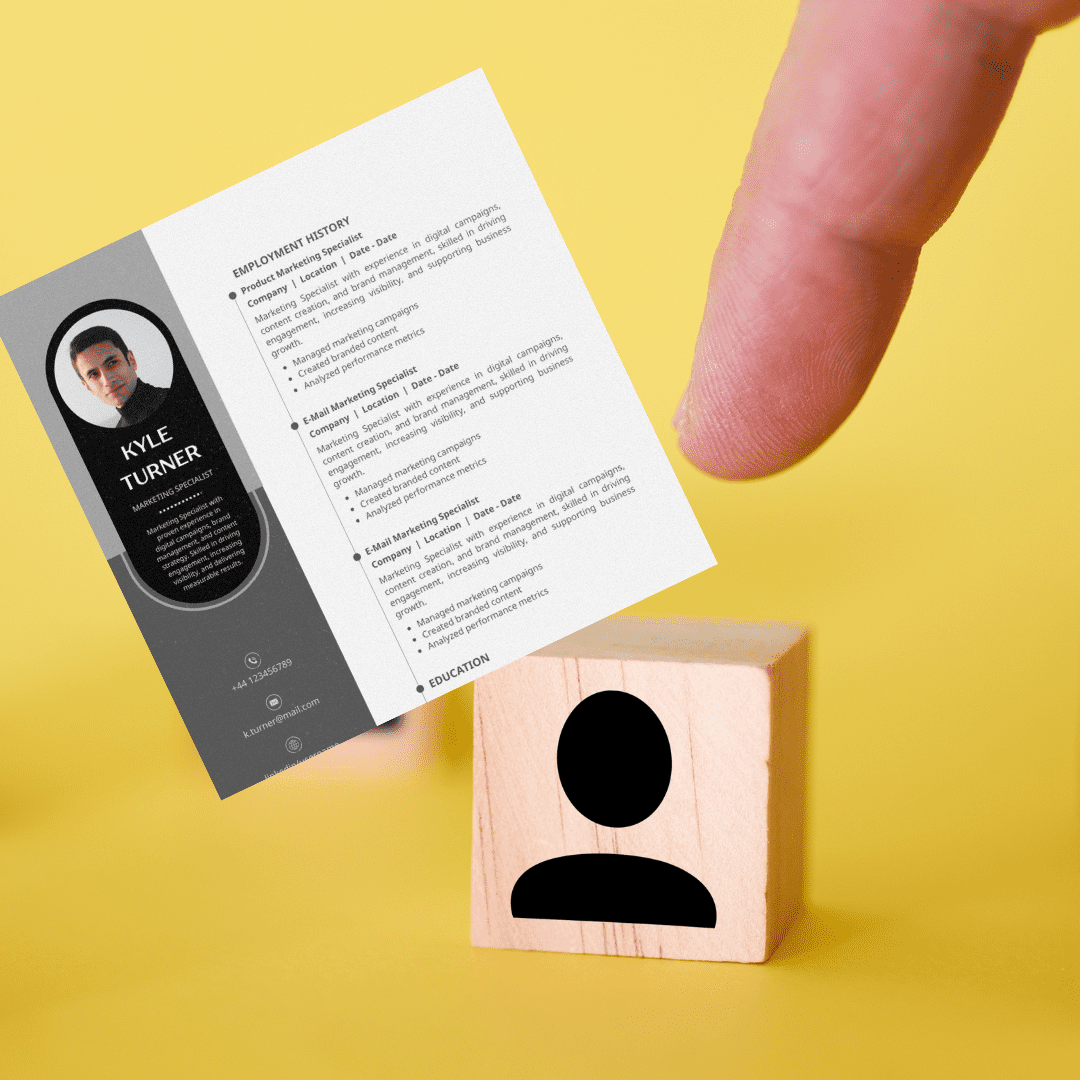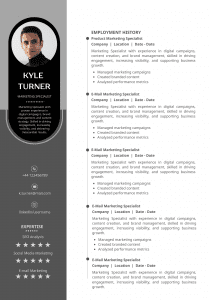When applying for jobs in the UK, your CV is only half the battle. Employers want to see how well you can express your skills and motivations in writing, and this is where a strong cover letter comes in. A cover letter that complements your CV is not just an introduction — it’s a strategic document that highlights your suitability, expands on achievements, and shows your enthusiasm for the role. The right cover letter can bridge the gap between your CV and the employer’s expectations, ensuring that your application feels tailored rather than generic. In today’s competitive job market, pairing a professional CV with a compelling cover letter is one of the most effective ways to stand out.
Why Cover Letters Still Matter
Many applicants make the mistake of thinking cover letters are outdated or unnecessary. In reality, most UK employers still expect them, particularly for professional roles. A CV provides facts, but a cover letter provides context. It demonstrates communication skills, explains career transitions, and conveys genuine motivation. A well-written cover letter can make the difference between being shortlisted or overlooked, even when your CV is strong.
Employers use cover letters to gauge personality, cultural fit, and professionalism. They also allow you to address gaps in employment, explain changes in direction, or highlight specific projects that don’t fully shine on your CV. In other words, cover letters give depth to the outline your CV presents. Ignoring this opportunity often signals a lack of effort — something recruiters immediately notice.
How to Write a Cover Letter That Complements Your CV
The secret to writing a strong cover letter is to view it as a supporting document, not a duplicate of your CV. A complementary cover letter should:
-
Expand on two or three key achievements from your CV with context and results.
-
Tailor your skills to the specific role or sector you are applying for.
-
Highlight your motivation for applying and your knowledge of the organisation.
-
Showcase your communication style and professionalism in tone and structure.
For example, if your CV states you “led a project team to deliver a new compliance framework,” your cover letter should explain the challenges, the results achieved, and how those skills apply to the role in question. This gives employers a fuller picture of your capabilities while maintaining alignment with your CV.
Using Lawlio Templates to Strengthen Applications
At Lawlio, we know that pairing a great CV with a strong cover letter is essential for making an impact. That’s why our CV templates are designed to be flexible, polished, and professional — allowing you to create a cohesive application package. With our templates, you can focus on tailoring your cover letter rather than worrying about formatting, ensuring your application looks consistent and professional across documents. Whether you’re applying for graduate roles, entry-level positions, or senior appointments, Lawlio CV templates give you the strong foundation your cover letter needs to shine.
Strengthening Your Legal Career
For aspiring solicitors or law graduates, cover letters often need to do more than emphasise soft skills — they must demonstrate legal knowledge and commitment. That’s where LexDex Solutions comes in, offering SQE1 training resources, legal templates, and privacy compliance services. Combining professional application documents from Lawlio with legal preparation resources from LexDex ensures that you are not only ready for the application stage but also prepared for the professional challenges ahead.
✍️ Ready to make your applications stand out? Pair your next cover letter with a Lawlio CV template and create a professional, polished application package recruiters can’t ignore. Browse our CV templates today and take the stress out of job applications.
FAQ
1. Do employers in the UK still require cover letters?
Yes. Most employers expect a cover letter, especially for professional roles, as it demonstrates communication skills and motivation beyond your CV.
2. Should my cover letter repeat what’s in my CV?
No. A cover letter should complement your CV by expanding on key achievements, providing context, and tailoring your skills to the role.
3. How long should a cover letter be?
Ideally, one page. Employers prefer concise, well-structured letters that highlight your suitability without overwhelming detail.
4. Can I use a template for cover letters?
While the text should always be tailored, using a consistent Lawlio CV template ensures professional formatting across your application.
5. How can a cover letter help with career changes?
A cover letter is the perfect place to explain career transitions, highlight transferable skills, and demonstrate commitment to a new path.



One thought on “Cover Letters That Complement Your CV”